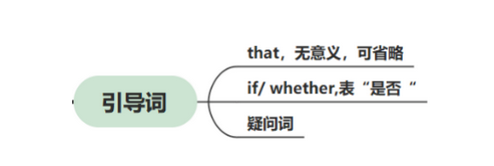首頁(yè)
隨時(shí)問(wèn)
隨時(shí)解答
報(bào)考
備考
高中
題庫(kù)
知識(shí)點(diǎn)
語(yǔ)文
數(shù)學(xué)
英語(yǔ)
物理
化學(xué)
初一
初二
初三
2024中考
- 中考成績(jī)查詢 中考分?jǐn)?shù)線 2024中考 中考百科
- 報(bào)考:中考資訊 中考政策 中考體育 志愿填報(bào)
- 資源檢索:2024中考真題 中考滿分作文 中考英語(yǔ)作文
- 2024中考真題答案 2024中考作文題目 中考滿分作文 試題:預(yù)測(cè)題 壓軸題 模擬題
- 指導(dǎo):高分經(jīng)驗(yàn) 中考家長(zhǎng) 中考作文 飲食心理
- 考點(diǎn):語(yǔ)文 數(shù)學(xué) 英語(yǔ) 物理 化學(xué)
- 試題:語(yǔ)文真題 練習(xí)題 月考 期中 期末
- 知識(shí)點(diǎn):考點(diǎn)分析 字音字形 詞語(yǔ)解釋 文學(xué)常識(shí) 文言文 現(xiàn)代文閱讀
- 試題: 數(shù)學(xué)真題 練習(xí)題 月考 期中 期末
- 知識(shí)點(diǎn):考點(diǎn)分析 三角函數(shù) 三角形 實(shí)數(shù) 二次函數(shù) 一元二次方程 圓
- 中考英語(yǔ)作文
- 試題: 英語(yǔ)真題 練習(xí)題 月考 期中 期末
- 知識(shí)點(diǎn):考點(diǎn)分析 被動(dòng)語(yǔ)態(tài) 句型結(jié)構(gòu) 賓語(yǔ)從句 現(xiàn)在進(jìn)行時(shí)
- 試題: 物理真題 練習(xí)題 月考 期中 期末
- 知識(shí)點(diǎn):考點(diǎn)分析 光的反射 壓力壓強(qiáng) 簡(jiǎn)單機(jī)械 電路與電流 歐姆定律










